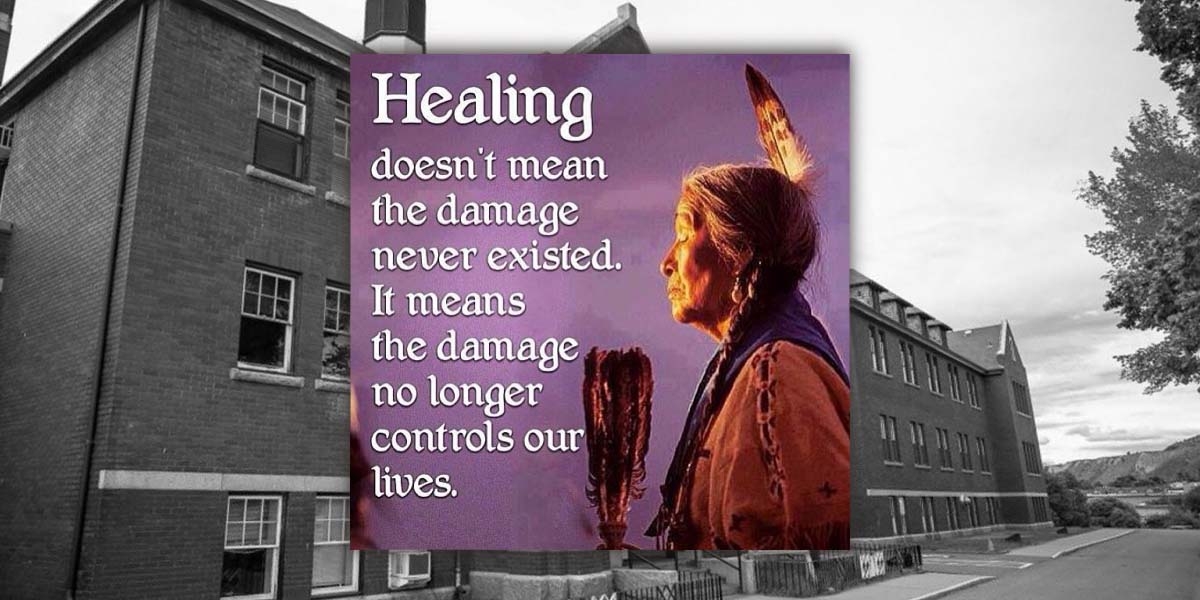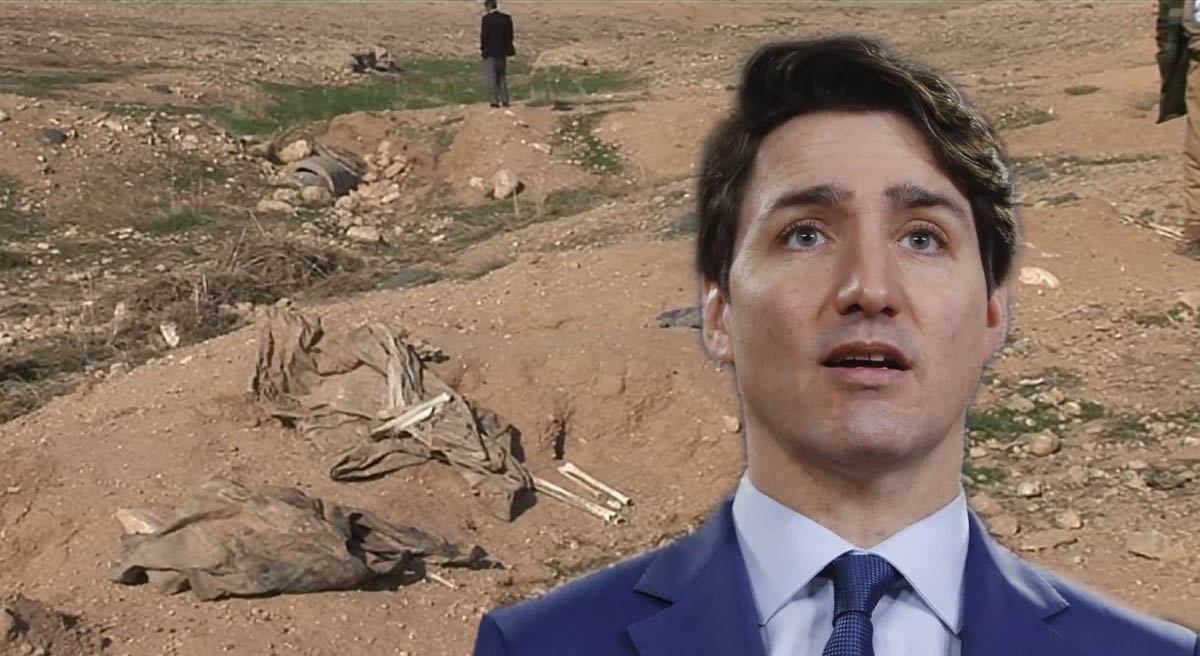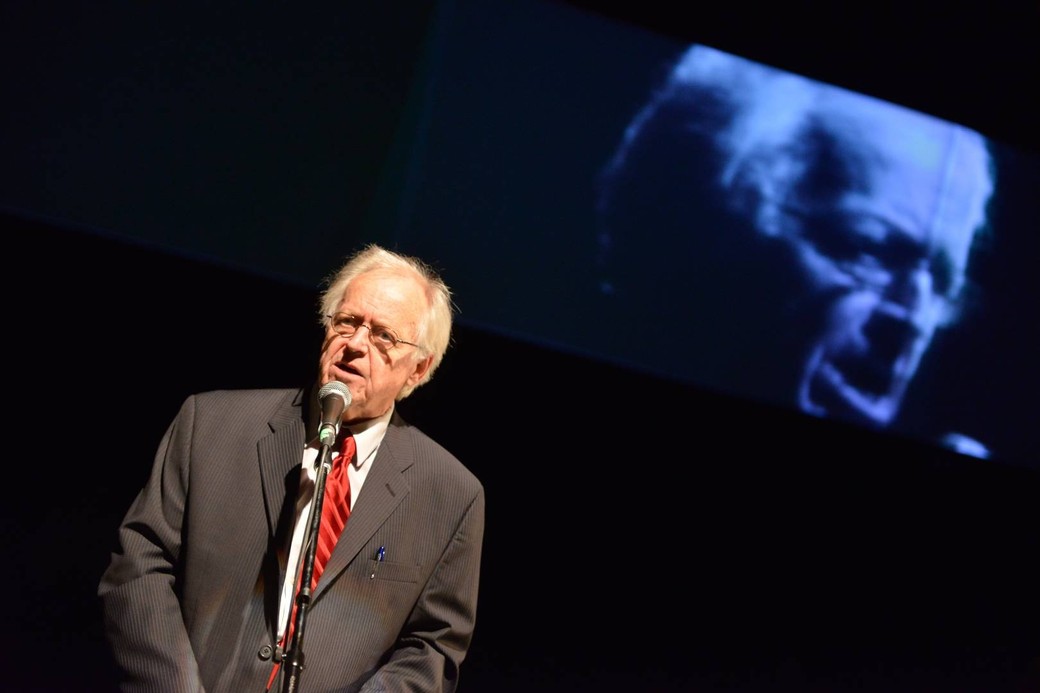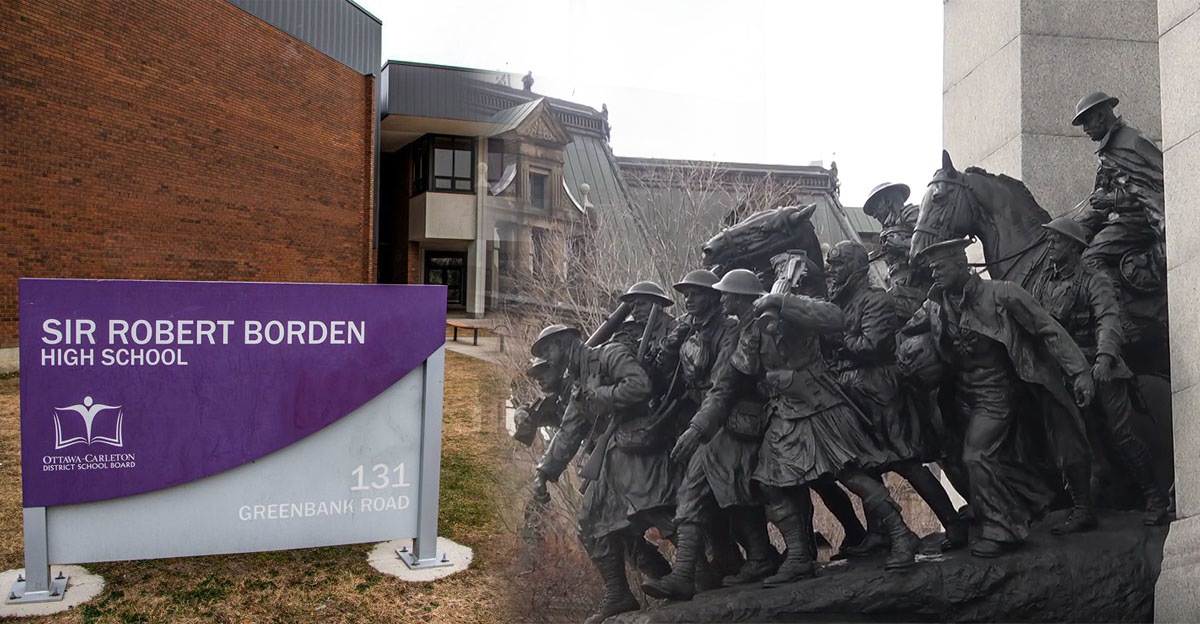
Truth and Reconciliation – Canada’s obligation
by Marc Kealey
Imagine living through the stress of being taken from your parents because government policy formalized state sanctioned welfare as better than what you had at your home? Imagine being taken away from the refuge of your own home and the people you love, whose DNA courses through your body and you are transplanted to a place that is not only unfamiliar but possibly hostile? Imagine living through the nightmare of being in a place where you are deprived of anything that you grew up with or had previously? And then imagine the scars that this can inflict on your young mind and body and what lasting trauma this could and would have on you for the rest of your life – perhaps even if your life ended in those unfamiliar and hostile surroundings?
If you followed the advice of Sir Hilary Beckles who headed up the Caribbean nations’ Reparations Commission, he proclaimed that the colonial powers owed a responsibility to the millions of people in Caribbean nations for the enduring suffering inflicted by the Atlantic Slave Trade. In Beckles’ report he said that those nations who perpetrated the suffering should – make formal apologies – as opposed to "statements of regret" and that they; offer programs to help those afflicted learn about and share their histories, and that institutions must improve literacy, physical health, and psychological health. Many European countries responsible for these atrocities have begun to look inward at themselves for the suffering they inflicted and outward toward Caribbean countries to make restitution.
This dark part of history is proudly part of the Canadian fabric today through Black History Month and as school curriculum throughout Canada. The Black Lives Matter (BLM) movement celebrates a distinct Black culture and all that being Black means and is in society. The BLM movement has an important role in helping all us understand and reconcile this terrible part of history and the current underlying racism against Black people.
The past several days in Canada have been rocked by the discovery of the remains of 215 children – all Indigenous – found in a hole in the ground. All these children were associated with a residential school whose charter was granted by the Government. The discovery of these bodies, children between the ages of 3 and 15, has shaken the very core of Canada and has ripped off the veneer of our “woke-ness” and the patina of our superiority and, yes, dampened the shining beacon of what we think is our progressive goodness. The horribleness of the news of this discovery has also prompted an outrage that has manifest in all sorts of outward signs of grief and shock. Canadians are now painfully aware that this terrible part of our history is still part of the fabric of Canada and Canadians are sorrowful and ashamed!
The usual media commentary is certain to follow, the political speeches and calls for justice will be the order of the day for the coming weeks, thoughts and prayers will flow and the flags will fly at half-mast. And, yes, these are appropriate and likely helpful to a degree. And then it invariably happens – social media is flooded with “Every Child Matters” slogans with appropriated Indigenous design and Canadians will feel as though they are making some peace with Indigenous peoples. Now, ordinarily this would be a positive gesture, perhaps with good intentions, BUT, imagine when Black Lives Matter slogans were appropriated to “All Lives Matter” ?
The outrage from replacing “Black” to “All” deviated exponentially from the importance of the message – Black people were/are at the core of the atrocities that were perpetrated! In the case of this “Every Child Matters” it’s as if Canadians have knowingly or unknowingly discounted the atrocities perpetrated against Indigenous children by trivializing the message.
To grieve appropriately is to understand the atrocities perpetrated against these innocent Indigenous children and fully reconcile the rationale for what our government and its agents did to Indigenous people for all those years. AND it continues to this very day. Residential schools are the stain on Canada – and a large part of the reason why many Indigenous people live with personal trauma and the effects of trauma. Why? Simply because they were Indigenous. Simply because successive governments, even up to 1996, mandated that state sanctioned welfare was better than what was available on a reserve.
So now we grieve! But what do we really know!
Yes, every child matters, but there are young Indigenous children who still have no clean drinking water in the communities where they live – even though governments promised that they would have had clean drinking water. Yes, every child matters, but there are many Indigenous children who have to travel many miles from the comfort of their communities and families just to go to school. Yes, every child matters, but Indigenous children have exponentially less access to health and social services than every other child in Canada.
The plight of Indigenous people is the scourge of Canada and the reason why Truth and Reconciliation was formalized into a Commission and is needed and anticipated by every Indigenous person in this country.
To better understand what is meant by Truth and Reconciliation is to understand the definition of restoration. To understand restoration means that we, as Canadians, must do everything in our collective power to learn everything about what has happened to Indigenous people. We must seek to know why the things that have happened to Indigenous people have happened and we must collectively do our part to ensure that restitution is achieved for Indigenous people.
So, what can we do?
We can hold our political leaders to account. We can call them out when their words belie their actions. When a commitment is made to ensure clean drinking, water is available on reserves – then it damn well better be made available. We can make certain that this tragic discovery of cast away innocent Indigenous children and the associated fallout is NOT just another “file” to be managed by some Minister or some Director General of “Indigenous Services” in the bureaucracy. We can draw attention to the fact that an inherent, and yes, systemic racism existed and exists against Indigenous people in many sectors of society including education, social services, the justice system and healthcare AND we can institute programs and curriculum to teach ourselves about Indigenous culture and its extraordinary impact on the world. WE can ensure that Indigenous languages are available so that Indigenous people can share their language among themselves. We can ensure that educational opportunities are plentiful for Indigenous peoples where they live – so they do not have to leave their communities to learn. We can make certain that spectrum technology and telecommunication tools are available in Indigenous communities so that Indigenous communities could flourish — indeed as smart villages.
Most importantly, we must ensure particularly that Indigenous lives matter.
At the same time, we must be ready to allow Indigenous peoples to trust Canadians, to trust elected officials and a seemingly paternalistic bureaucracy that restoration is not only possible but warranted – for them!! And as Indigenous people wait for the mandate of Truth and Reconciliation to be realized for them and their future generations, they grow more and more impatient and, yes, more assertive.
Marc Kealey is the principal of K&A Inc., one of Canada’s premiere public policy and management consulting firms. He works closely with Indigenous communities across Canada and sits on the Board of the Indigenous Critical Infrastructure Fund. He is part of an indigenous health development organization with indigenous focused healthcare projects in Canada, USA and Mexico. He is the author of a White Paper on harm reduction tools for indigenous and at risk communities in Canada.









